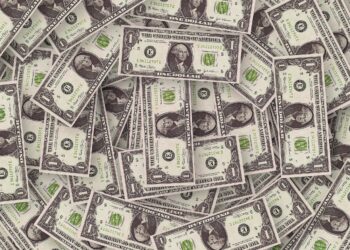The Central Bank of Nigeria (CBN) has raised the interest rate by 150 basis points, from 24.75 percent to 26.25 percent. This decision was made following a two-day meeting of the bank’s Monetary Policy Committee (MPC), marking the third consecutive increase in the Monetary Policy Rate (MPR) in an effort to control the country’s soaring inflation levels, which reached 33.69% in April 2024.
MPC Chairman Yemi Cardoso, who is also the CBN Governor, stated that the Cash Reserve Ratio (CRR) for Deposit Money Banks (DMBS) remains at 45 percent. The asymmetric corridor around the MPR is set at +100 and –300 basis points.

Implications on the Common Man:
Increased Borrowing Cost:
Higher interest rates mean that loans, including mortgages, auto loans, and personal loans, become more expensive. This makes it harder for businesses and individuals to secure loans at affordable rates, potentially stifling business growth and personal financial plans.
Reduced Purchasing Power:
As borrowing costs rise, individuals and businesses may need to allocate more funds to service their loans, leaving less money for discretionary spending. Everyday items may feel less affordable, and consumer demand could decrease.
Savings Incentives:
On the positive side, higher interest rates can benefit savers. Savings accounts and fixed deposits may offer better returns, encouraging people to save more and deposit more money in banks, which could help balance some of the negative effects of higher borrowing costs.
Inflation and Economic Growth:
Increased interest rates are a common tool used by central banks to manage inflation and promote economic stability. By making borrowing more expensive, the CBN aims to reduce spending and cool down inflation. However, this can also slow down economic growth as businesses might delay expansion plans and consumers may cut back on spending, further dampening economic activity.
Bottom Line:
The CBN’s decision to raise interest rates is a double-edged sword. While it aims to curb inflation and restore economic stability, it also increases the cost of borrowing and reduces purchasing power for the common man. Savers might see some benefits, but overall, the move could lead to slower economic growth and a more cautious spending environment. Balancing these effects will be crucial for ensuring that the broader economy remains resilient and continues to grow in a sustainable manner.

















